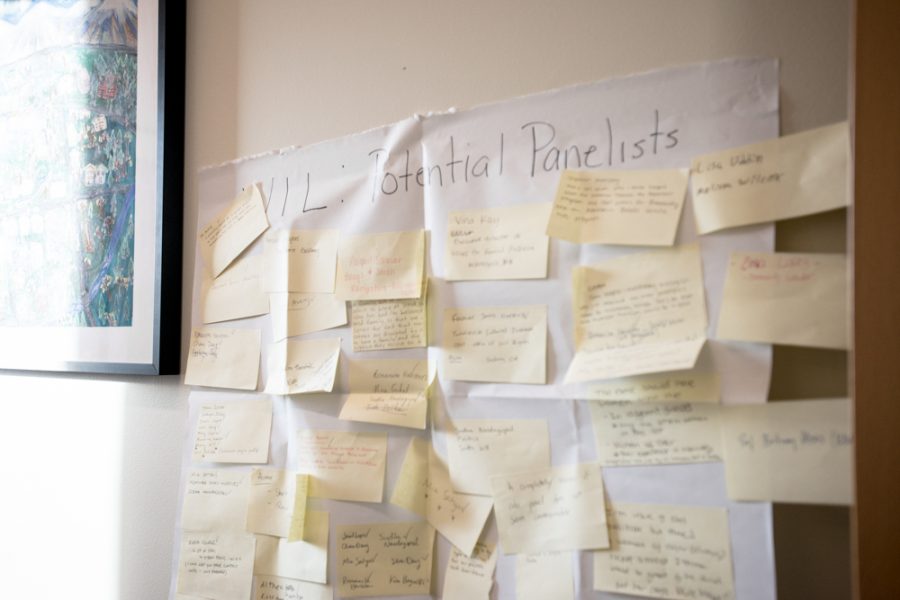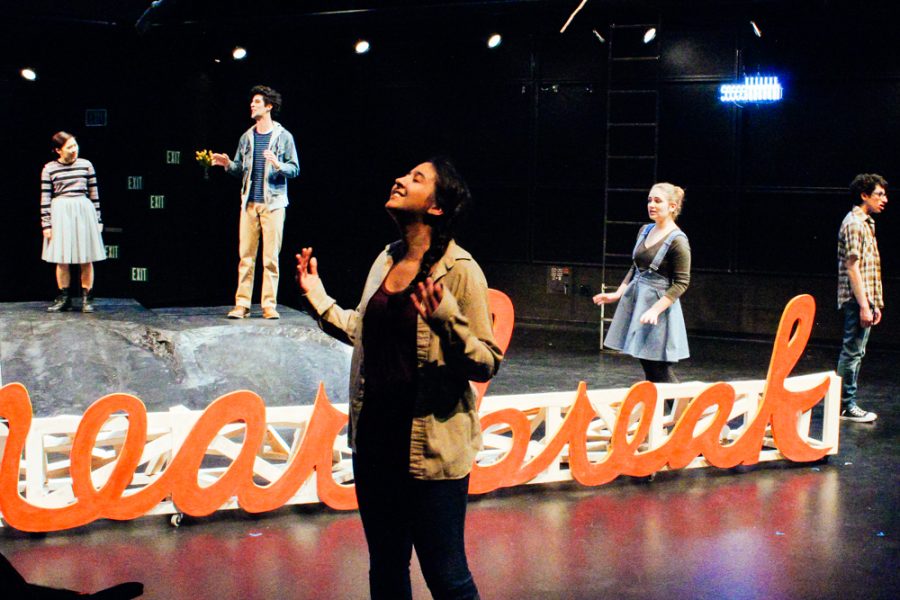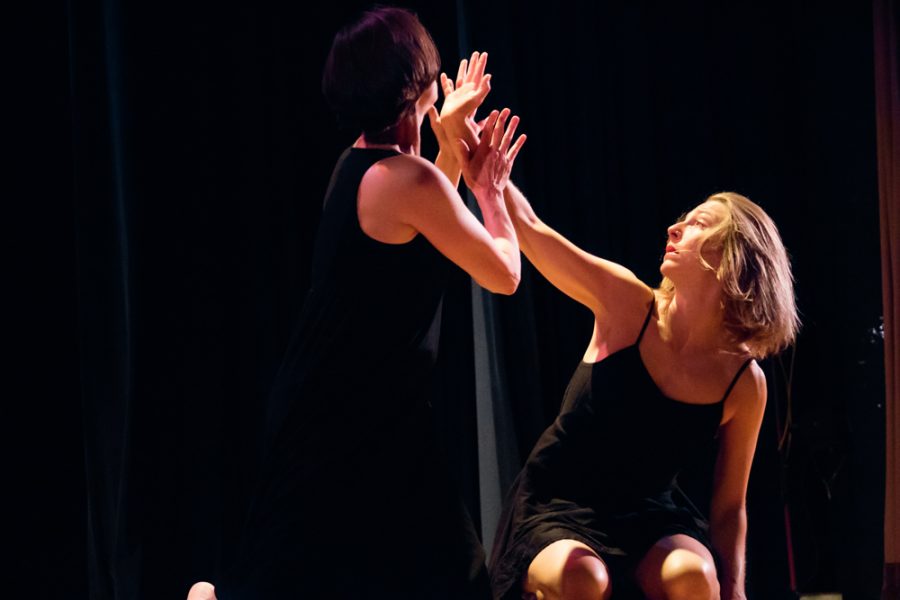
As students poured into the dining hall on Friday Feb. 20, they were not simply filling their plates with ethnic cuisine, but also engaging in a celebration of African-American history. The Soul Food event was organized by the Black Student Union, which traditionally works with the dining hall during Black History month to bring cultural issues to the forefront of students’ minds by bringing it first to their plates.
“We are doing new things with Soul Food night to make it more history focused and to emphasize actual awareness. We are having soul food in the dining hall and we are going to decorate with quotes from famous Africa Americans on the wall,” said BSU co-President Sarah Deming.
Not only did students dine in an atmosphere of African American inspiration, but they were also able to experience first hand the biographies of famous Black Americans.

“Everyone who goes to Prentiss gets a new alternative identity. They will get a note card of a famous black African American and a short biography about them,” said Deming. “We are doing new things to entice discussion so students will wonder about each other’s identities. We also play cultural music.”
The soul food meal is a tradition at the dining hall, and the menu included Jambalaya, Corn Bread, Black Eye Peas, Pork Chops, Southern Green Beans, Fried Catfish and Southern Comfort Vegetables. The Black Student Union typically works alongside the dining hall managers to organize an authentic meal.
“Most of us have probably eaten, or heard of, soul food, but it probably is not a staple in a student’s diet,” said co-President Kiet Vo.
Deming explained that the intent of serving soul food is to “learn about African American culture…everyone learns through food.”
Vo cautions, however, that the sheer mass of food may falsely communicate an abundance of food that the African Americans never enjoyed.

“Soul food derived from the fact that African American slaves, and slaves in general, tend to get the scrap left over from plantation kitchens and thus created their meager meals,” said Vo. “The hope of this culinary experience is to let students see and eat what slaves and former slaves ate and experience what some of their diets were like. Although contemporary soul food has become more upscale, its origins are humble and modest and I hope that the abundance of food doesn’t give the illusion that slaves were provided with such food daily.”
The BSU dance, as one of the most popular social events hosted by a club on campus, promised a huge turnout.
“We’re trying to be known for doing more than just the dance,” said Deming. “We’re trying to bring in a big speaker, do more community events and bond as a group. We had a networking dinner with faculty of color and are trying to work on developing a resource for new first-years.”
Anyone interested in club membership is more than welcome to join. Meetings are held at 5 p.m. every Wednesday upstairs in Reid.
“We want to emphasize that our club is not just made up of African Americans, but of people who are interested in African American culture from all races,” said Deming.





